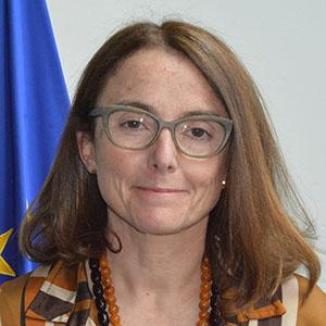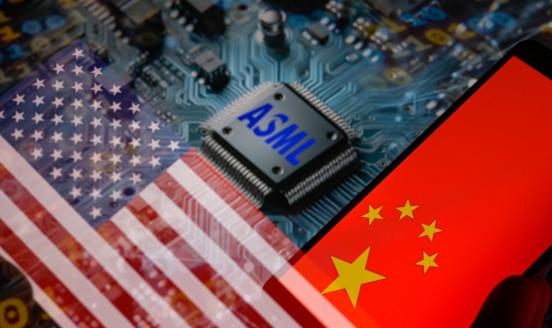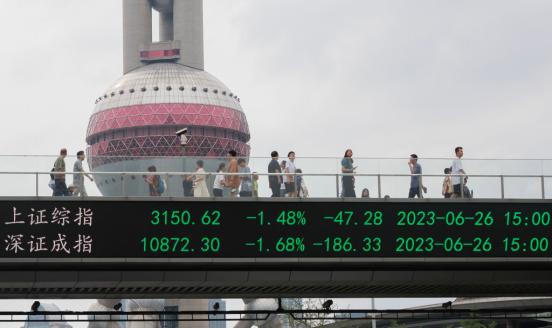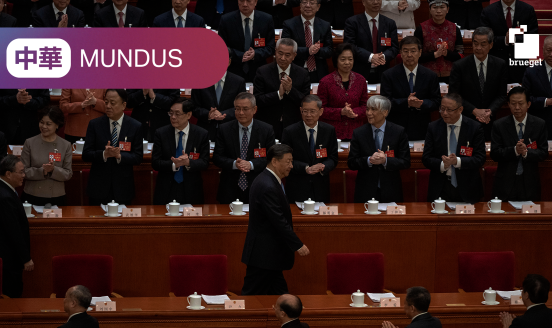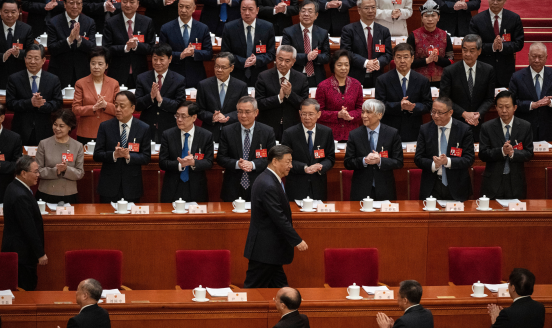How big is China’s global economic footprint? Takeaways for the European Union

Speakers
Jean-Francois Di Meglio
President, Asia Centre in Paris
Jens Eskelund
Managing Director, Maersk China Ltd and Member, DWARC External Experts Advisory Board,
Heather Grabbe
Senior fellow
Marjut Hannonen
Head of Trade and Economic Section in Beijing, European External Action Service
Mikko Huotari
Executive Director, MERICS,
Maria Martin Prat
Deputy Director General, European Commission, DG Trade
Jörg Wuttke
President, European Union Chamber of Commerce in China,
Agenda
Check-in and welcome coffee
14:00-14:30Agenda
Opening remarks
14:30-14:40- Jörg Wuttke, President, European Union Chamber of Commerce in China
- Jeromin Zettelmeyer, Director
Agenda
Presentation
14:40-15:00- Alicia García-Herrero, Senior fellow
Agenda
Comments by lead discussants
15:00-15:20- Chair: Jean-Francois Di Meglio, President, Asia Centre in Paris
- Heather Grabbe, Senior fellow
- Marjut Hannonen, Head of Trade and Economic Section in Beijing, European External Action Service
- Maria Martin Prat
Agenda
Roundtable discussion
15:20-16:20Agenda
Concluding remarks
16:20-16:30- Jens Eskelund, Managing Director, Maersk China Ltd and Member, DWARC External Experts Advisory Board
- Mikko Huotari
The international outreach of the Chinese economy has grown substantially in tandem to its rapid domestic development. Chinese SOEs have increased their presence both in the developed world as well as in the Global South, and China has become a more central player in international trade networks. At the same time, China’s economic ties with the EU are the topic of a vivid debate, most notably in the context of growing geopolitical uncertainty. The EU depends on China for the import of critical raw materials and clean-technology products. China, on the other hand, needs the EU for access to its vast market. This raises several questions. How can we properly assess the EU’s exposure to the Chinese economy?. How dependent in the EU on China for its decarbonization and how safe is it to do so?
We aim to shed light on these questions, as well as offering some policy alternatives beyond de-risking, by sharing with you the policy conclusions of our most recent research on China’s economic relations with the EU, conducted under the umbrella of a three-year research project on China, financed by the EU Commission, under the name “Dealing with a Resurgent China”.
This is an output of China Horizons, Bruegel's contribution in the project Dealing with a resurgent China (DWARC). This project has received funding from the European Union’s HORIZON Research and Innovation Actions under grant agreement No. 101061700.







